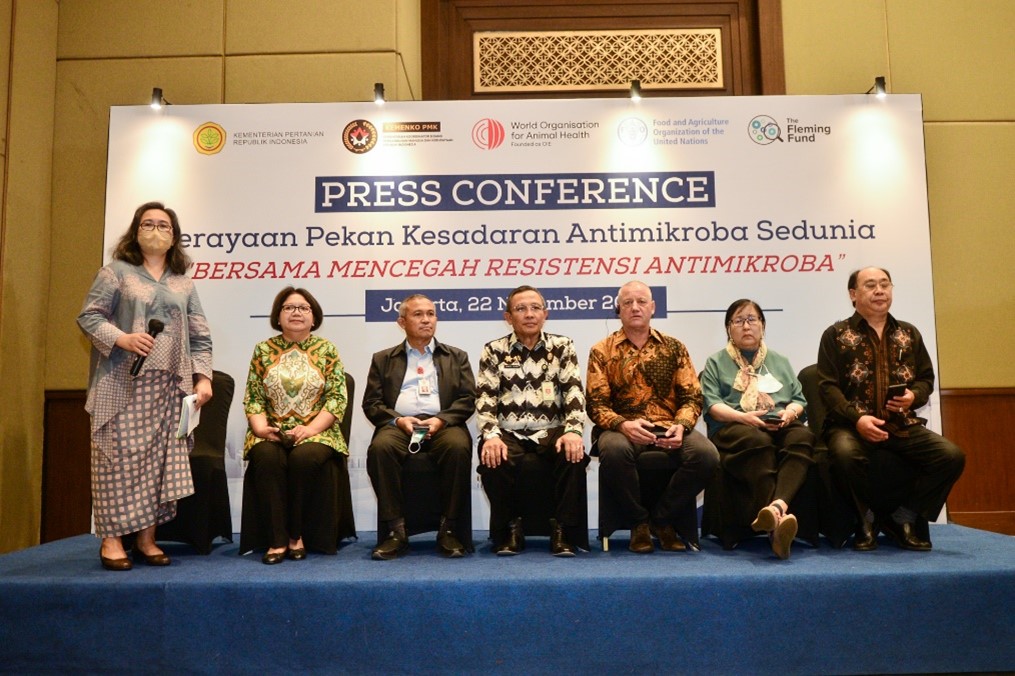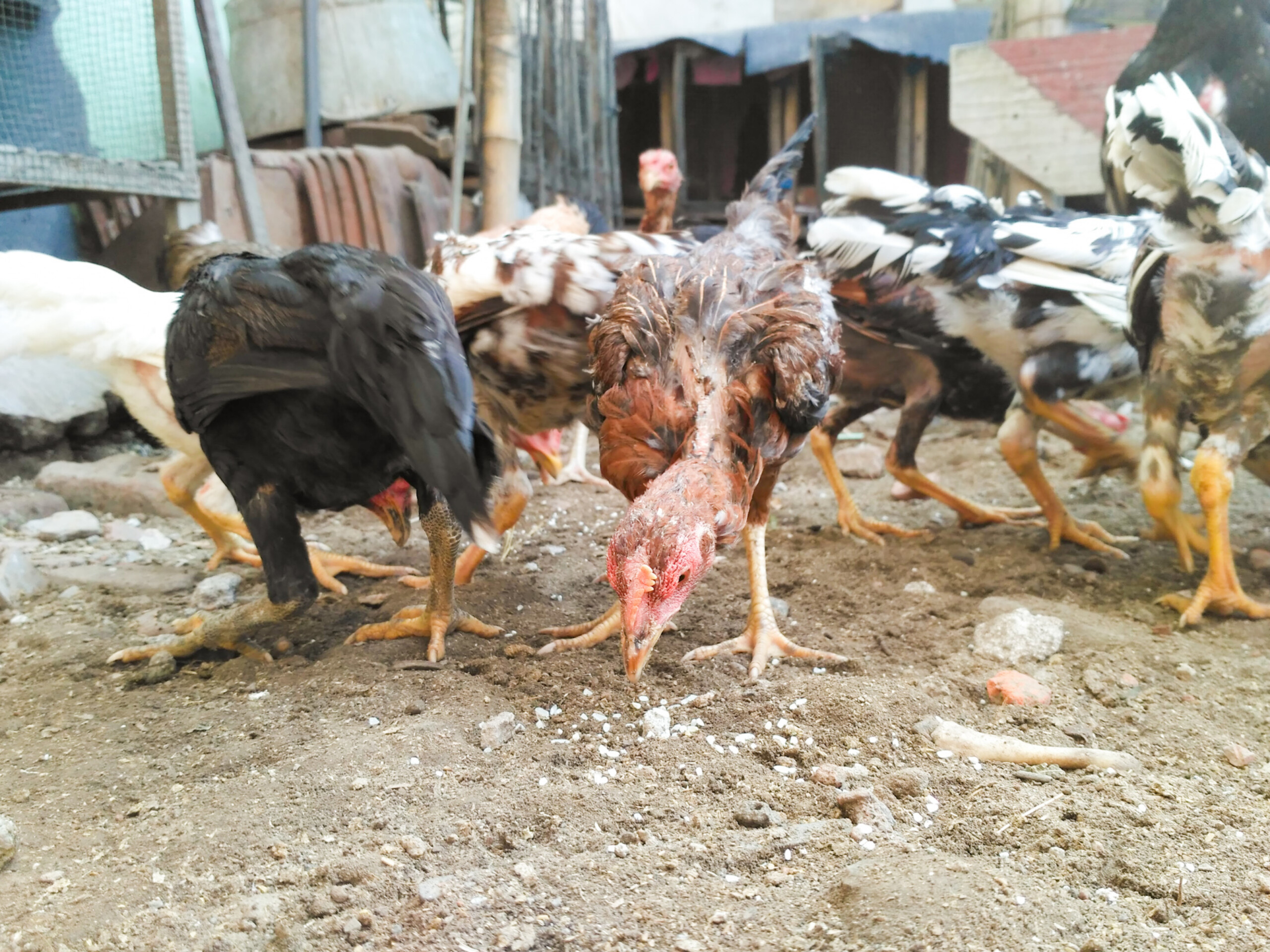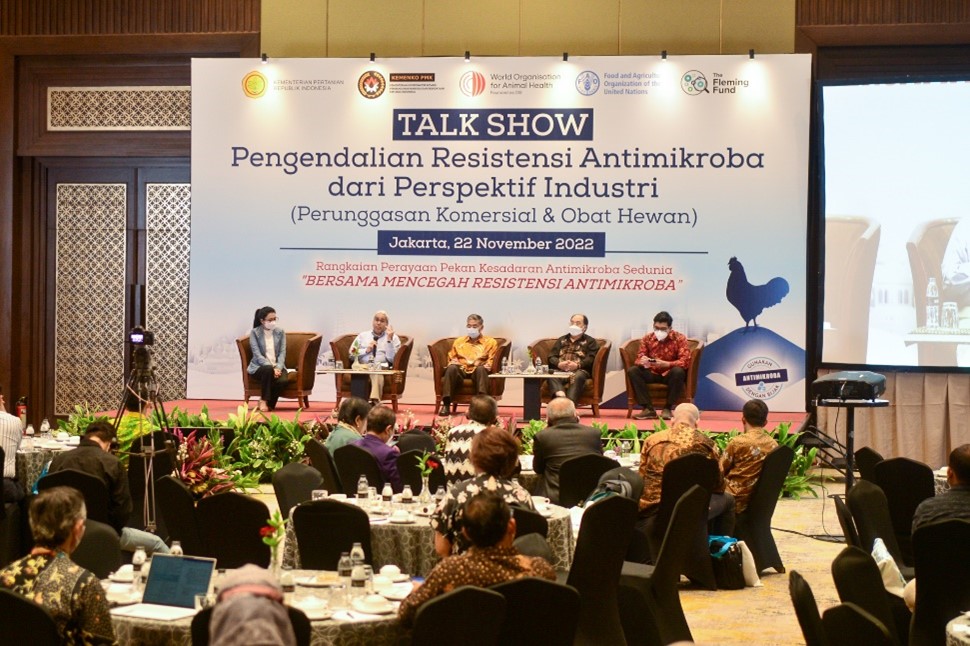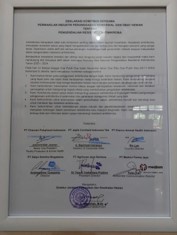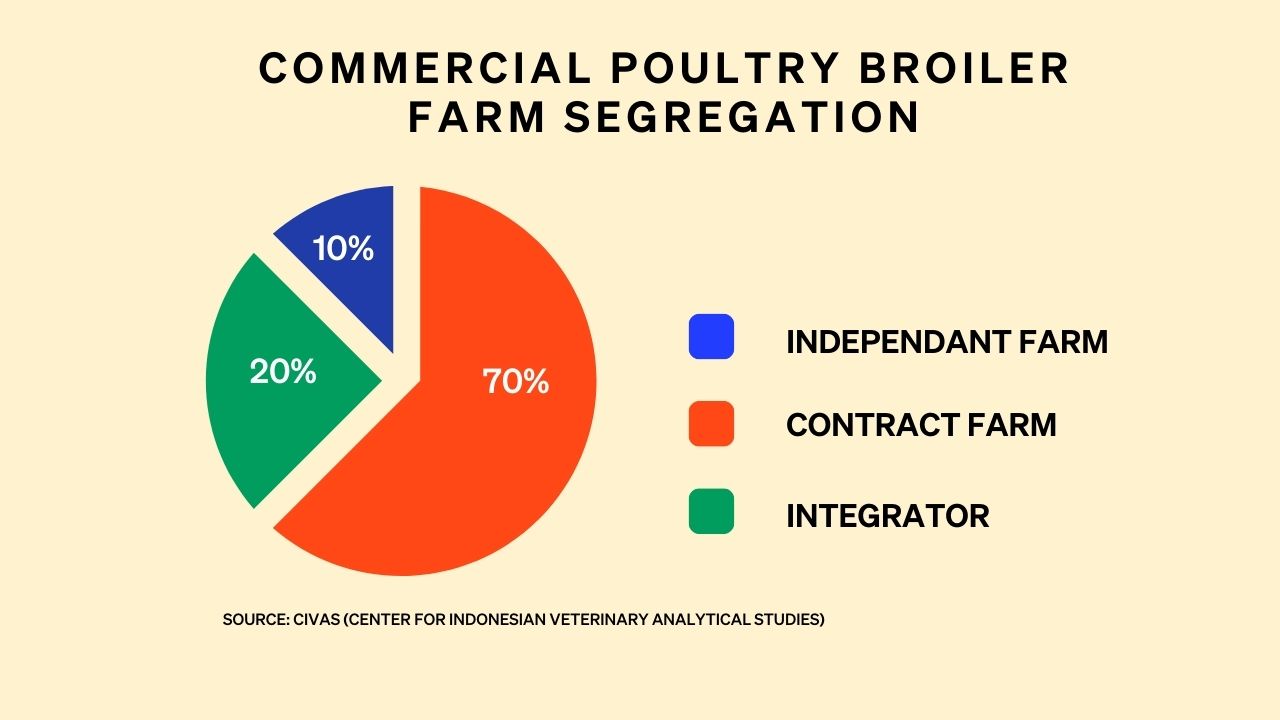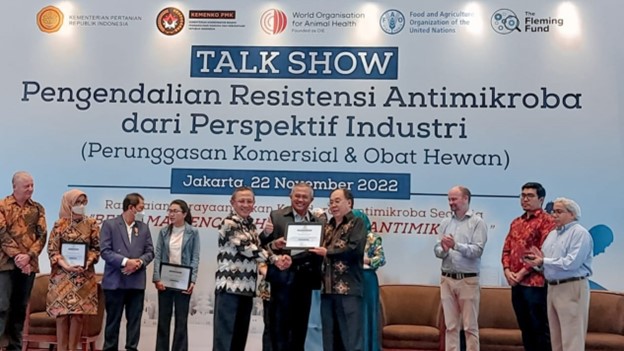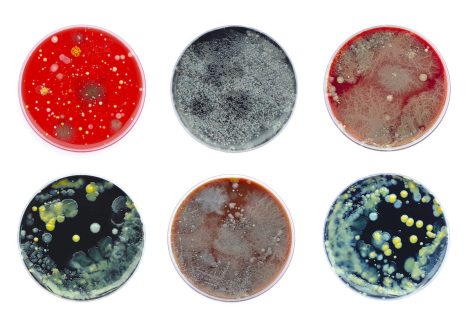
2 May 2023 (Indonesia) – Antimicrobial resistance (AMR) is regularly called the “silent pandemic” due to its large impacts and threats to human, animal, plant, and ecosystem health. Misuse and overuse of antimicrobials, including antibiotics, across sectors are among the main drivers in the development of drug-resistant pathogens. In Indonesia, major companies operating in the poultry production sector are committed to implementing good practices to prevent AMR.
Indonesia is particularly exposed to AMR as it is among the five countries with the highest projected increase in antimicrobial consumption by 2030 [1]. This situation is explained by the high levels of antimicrobials that are often used to treat infections and prevent diseases.
The threat of AMR has led authorities to establish the first National Action Plan [2] (NAP) on AMR in 2017 based on the One Health approach, which involves multiple actors from the human and veterinary medicine, agriculture, finance, environment and consumer sectors. The five ministries involved — the Ministry of Agriculture, the Ministry of Health, the Ministry of Environment and Forestry, the Ministry of Marine Affairs and Fisheries, and Coordinating Ministry of Human Development and Culture (Kemenko PMK) —stated that “problems impacting the health of humans, animals, and the environment can only be solved by working together across sectors”. This statement confirmed the commitment of the government to advance One Health collaboration.
Problems impacting the health of humans, animals and the environment can only be solved by working together across sectors
Chicken farm in Indonesia
The poultry sector has significantly grown to satisfy the rising demand for meat. As a result, the consumption of chicken increased from 3.5 to 6 kilogrammes per person yearly between 2010 and 2019, and this trend is expected to continue. Poultry meat is a major source of protein, since the consumption of pork in Indonesia is low due to religious beliefs (consumed by around 13% of the population). Additionally, Indonesia is emerging as a new poultry exporting country. The country has regularly exported chicken meat to the European Union (EU), the United Kingdom (UK), and other countries in Asia. Indonesia also started chicken exports to Singapore amid a shortage, since Malaysia temporarily halted its exports in mid-2022.
Talk show in Jakarta during WAAW 2022
On the occasion of World Antimicrobial Awareness Week (WAAW) 2022, a series of activities supported by the World Organisation for Animal Health (WOAH) through the Antimicrobial Resistance Multi-Partner Trust Fund [3] were organised in Indonesia, including a talk show on AMR control from an industrial perspective.
The talk show organised in Jakarta by the Center for Indonesian Veterinary Analytical Studies (CIVAS) gathered more than 153 participants online and 90 in person. Representatives from different Ministries and the private sector express commitments to curb AMR, and, a joint statement signed by senior managers of six large companies from the poultry sector was released.
Joint statement to curb AMR signed by six firms
These corporations declared the implementation of policies to ensure the responsible use of antimicrobials in their ongoing and future operations and commit themselves to:
This public declaration is seen as a milestone towards the establishment of a sustainable Public-Private Partnership (PPP) to curb AMR. It is expected that the livestock production industry will:
These policies will ensure that animals can grow up healthy and prevent stunting, while also curbing the development of AMR.
Decision-makers in the private sector can play an important role in raising awareness about AMR and promoting antimicrobial stewardship among their employees, contractors, and consumers. All corporations can educate their staff about infection, prevention & control, and responsible use of antimicrobials. The broiler poultry sector, especially middle to low scale farmers, still needs more information on biosecurity and management measures.
Indonesia is experiencing growth in the livestock production sector, including moves towards the production of broilers through integrated production companies away from more independent smallholder production systems. These contract companies act as de facto decision-makers for the administration of routine antimicrobials at the farm level. Contract farmers have therefore less control over antimicrobial use when compared with independent producers, as the purchaser is in the capacity to oblige the vendors to follow strict instructions. Therefore, the implementation of our guidelines on the responsible use of AMR by these contract companies could positively impact small farms.
Dr Samfyul Maarif, Director of veterinary public health at Directorate General of Livestock and Animal Health, Ministry of Agriculture, handed over a certificate to the firms that signed the joint statement
Indonesia’s Director General of Livestock and Animal Health at the Ministry of Agriculture considered the talk show to be a means for strengthening PPP. WOAH has been engaging the private sector in the fight against AMR through the dissemination of key messages to change behaviours and encourage good practices. We will develop communication materials in collaboration with CIVAS to target business associations as well as corporations.
Our awareness activities aim engage the entire industry reaching out to: retailers, pharmaceutical companies, and poultry farms. A multistakeholder approach is critical to curb AMR. Thanks to these initiatives, WOAH will continue to provide guidance to its Members on this crucial topic, in particular by ensuring greater commitment and interactions with the private sector.
